
Your internet is under threat. Here’s why you should care about European Copyright Reform.
You can also read this post in Spanish and in French. Back in 2001, the European Parliament came together to pass regulations and set up copyright laws for the internet, a technology that was just finding its footing after the dot com boom and bust. Wikipedia had just been born, and there were 29 million websites. No one….
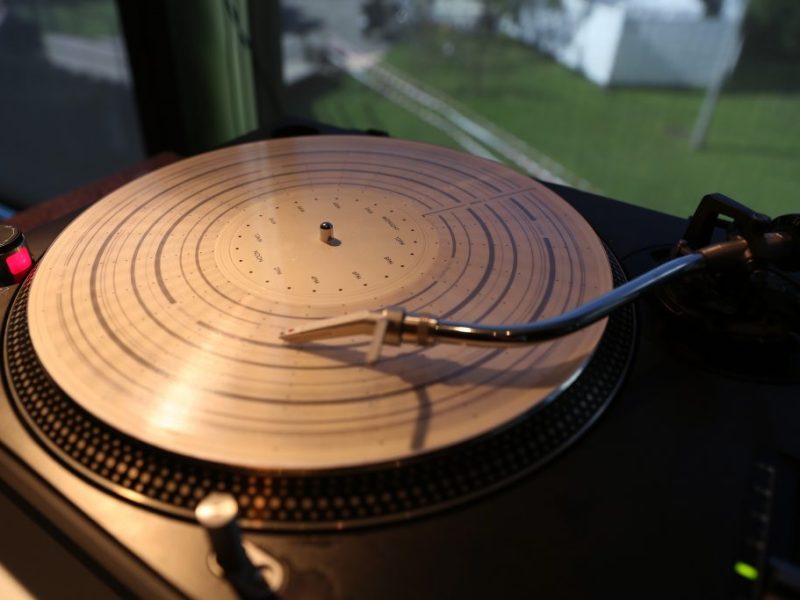
Can Beethoven send takedown requests? A first-hand account of one German professor’s experience with overly broad upload filters
Imagine you are a teacher at a public school, and you want to use a free recording of Beethoven’s 5th Symphony in your classroom. As an author of music textbooks and a music theory professor, I am always looking for creative ways to develop teaching materials as Open Educational Resources (oer-musik.de), so that everyone can….
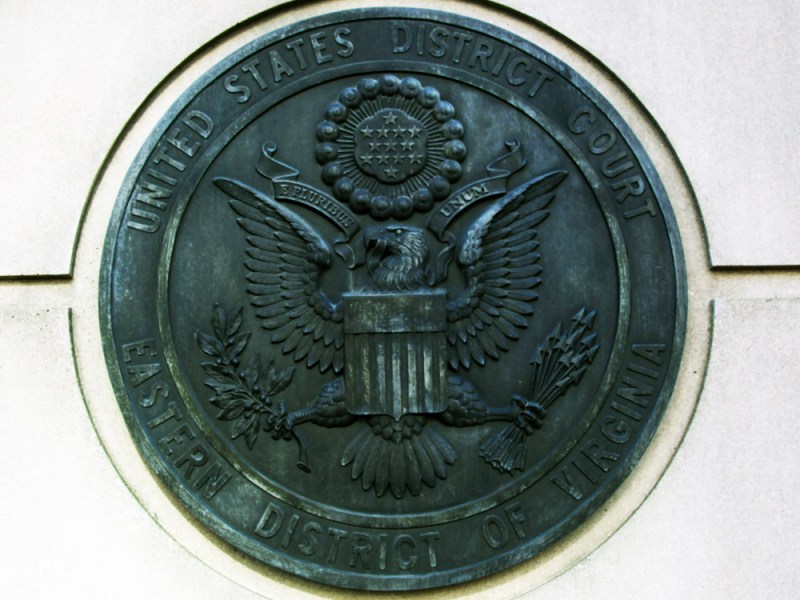
Wikimedia Foundation v. NSA: Court rules for government on evidentiary issue
It has been some time since we last provided an update on Wikimedia Foundation v. NSA, our legal challenge to the United States National Security Agency’s “Upstream” mass surveillance practices. As you may recall, after we brought the suit in 2015, the government argued that the Foundation’s claims weren’t “plausible” because the NSA hadn’t admitted….

Wikimedia to Senate: Don’t weaken the public domain
In an attempt to harmonize copyrights for the use of sound recordings created before 1972, the U.S. Senate is currently poised to pass a bill which could endanger the preservation and sharing of historical sound recordings online. The Music Modernization Act (MMA), which was passed in the House of Representatives in April and recently received….
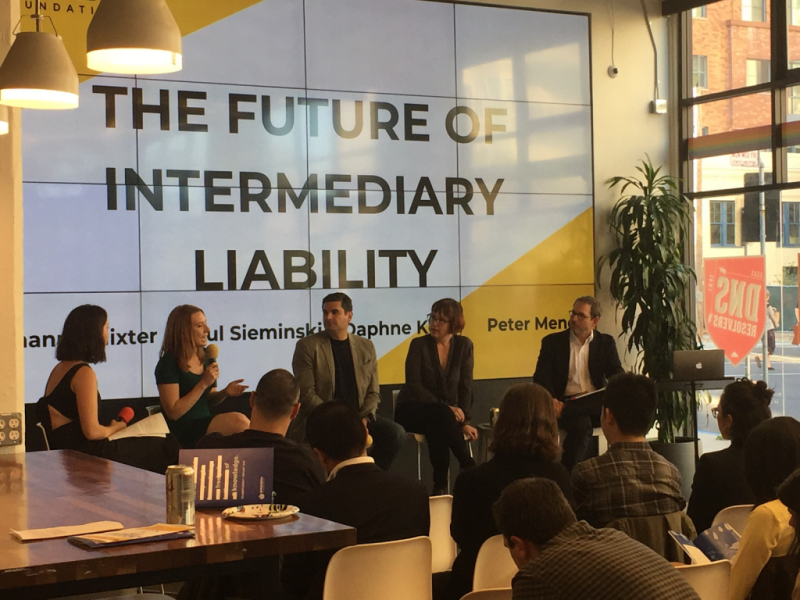
Wikimedia panelists tackle the future of intermediary liability
When should companies that run websites be required to delete what you post online? At Wikimedia’s 11 July summer legal fellow panel, “The Future of Intermediary Liability,” legal scholars and practitioners discussed the rules for when and how online platforms are held legally responsible for what their users contribute. Under Section 230 of the 1996….

Wikimedia releases ninth transparency report
The Wikimedia Foundation has supported free access to the sum of all knowledge for fifteen years. This longstanding vision would not be possible without the dedication of community members who contribute content to the Wikimedia projects. As a global platform for free knowledge, we are sometimes approached by governments and private parties with requests to….

California Supreme Court upholds critical intermediary liability provision
In a well-reasoned opinion, the California Supreme Court recognized that CDA 230 offers broad protection to sites like Yelp from liability for user-created content.
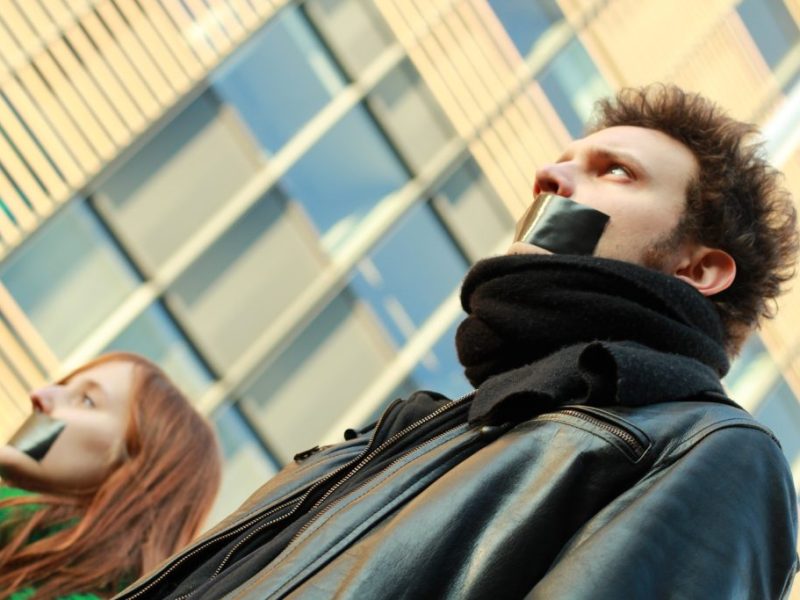
How the EU copyright proposal will hurt the web and Wikipedia
A proposed new copyright package in the European Union is a threat to our fundamental right to freely share information. The time to speak out is now.
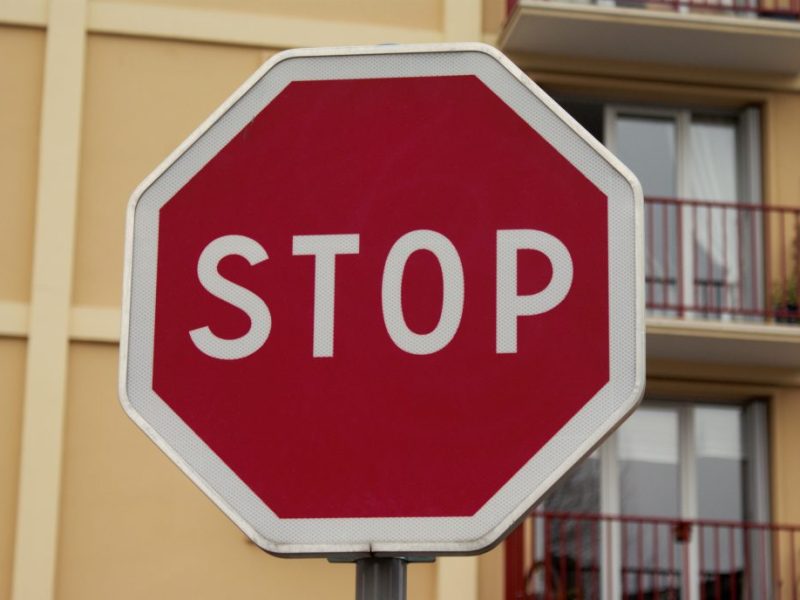
Time is running out to defend user rights online
Now that it has passed a critical vote in the European Parliament, we have one last opportunity to make the EU revise its proposed copyright directive and ensure the internet stays open for everyone.

Don’t force platforms to replace communities with algorithms
As policymakers increasingly suggest technological solutions to fight illegal and controversial content online, we ask them to consider the rights of internet users and to leave room for the human side of content moderation.